The instrument below is called a slit lamp. It is a necessary piece of equipment to determine what is wrong if there is any sort of eye irritation, pain, or redness. So if you have these symptoms and go to your PCP or urgent care and they do not look at your eyes with this instrument and instead just call it "pink eye" and Rx antibiotic eyedrops with no follow-up, I'd recommend a second opinion. Without this instrument, there is actually no way to tell if your eye pain/redness is due to an acute angle closure glaucoma attack (rare, but can cause permanent vision loss rapidly) versus a corneal ulcer (which also can cause vision loss and is fairly common in contact lens wearers especially if the contacts are being slept in/overworn) versus iritis (which sometimes may be the first sign of more serious systemic disease) versus a tiny piece of maybe wood or metal lodged in the cornea. Or something else. Without looking with this instrument, there's really no way to know.
Buying glasses = help a child + plant a tree! :)
HUGE NEWS! Sight Eyecare just got 2 brand new independent frame lines in that we’re super excited about…Modo and Eco! Modo frames are stunningly gorgeous…AND for each pair purchased, the company donates a pair to a child in need! Eco frames are made from recycled materials and most come with a sun clip….AND for each pair purchased, the company plants a tree! How cool is that?! They have both been flying off our shelves over the past few weeks, so we’re going to put another order in soon!
1 pair of glasses = SEVERAL cans of food donated!
‘Tis the season! For EVERY pair of glasses that you purchase from Sight Eyecare this month, we will be donating $10 to the OUR Center. This includes even non-prescription sunglasses, and pairs that are totally covered by your insurance plan (you pay $0, you get glasses, and we’ll still donate)!
NEW STUDY RESULTS RELEASED: The effect of excess screen time on a young child's brain
Over the past several years, the average amount of screen time use for children has obviously gone way up. A brand new study, which scanned the brains of 47 children between the ages of 3 and 5, found that the brain’s white matter is less developed in those who used screens (phones, tablets, etc) more than 1 hour a day. The white matter is the area of the brain responsible for development of language as well as development of cognitive skills. "This is the first study to document associations between higher screen use and lower measures of brain structure and skills in preschool-aged kids," said lead author Dr. John Hutton, a pediatrician and clinical researcher at Cincinnati Children's Hospital. "This is important because the brain is developing the most rapidly in the first five years," Hutton said. "That's when brains are very plastic and soaking up everything, forming these strong connections that last for life."
Another pediatrician (Dr. Jenny Radesky) notes that "these findings are fascinating but very, very preliminary…we know that early experiences shape brain growth, and media is one of these experiences. But it's important for parents to know that these results don't show that heavy media use causes brain damage.”
Hutton agrees. "It's not that the screen time damaged the white matter," he said, adding that what could be occurring is that screen time is too passive for brain development.”
It will be interesting to see what future studies shows regarding the effects of screen time and the development of young children. For now, it seems that it is best to limit screen time as much as possible, instead focusing on social interaction, problem solving, and imaginative play time whenever possible.
OLIVER PEOPLES AND KATE SPADE EYEWEAR!
We just spent the entire morning hand-selecting a TON of new pieces for our optical gallery, from both Kate Spade and Oliver Peoples Eyewear. We should have about 30 new, gorgeous pieces coming in very soon! Stop in soon to see the latest releases from both companies!
September is healthy aging month!
With age comes the increased likelihood of various age-related eye diseases, including cataracts, glaucoma and macular degeneration. Did you know that in their very early stages, not one of these diseases usually present with any obvious symptoms? That is why it is especially important to maintain yearly eye exams over the age of 60. If it has been over a year since your last exam, don’t hesitate to give us a call! And if you have Medicare as your primary medical insurance, they will usually cover most of your eye exam as well (call us for more info on this)!
It's that time again! Back to school!
You’ve purchased most of the items on your school supplies list. Glue sticks. Crayons. Notebooks. Tissues. Scissors. But have you gotten your child in yet for his/her yearly eye exam? A child’s vision can change quite a bit every 6-12 months, and it is often found that children will not complain even though their world is blurry…they will instead often simply squint their way through it. Give us a call today or request an appointment on our website to be sure to get them in before the first day of school! Being able to see the board well and not get headaches with computer use is essential to success in the classroom.
FREE SUN CLIP!
Summer is officially here!!! In celebration, we are offering a FREE custom sun-clip with purchase of one of our brand NEW and GORGEOUS women’s OGI frames! Offer expires July 31! $100 VALUE!










